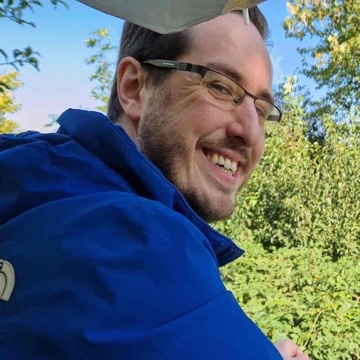The Scout Mindset: Why Some People See Things Clearly and Others Don't
von Julia Galef
Taschenbuch
5.02
Jetzt kaufen
Durch das Verwenden dieser Links unterstützt du READO. Wir erhalten eine Vermittlungsprovision, ohne dass dir zusätzliche Kosten entstehen.
Beschreibung
Haupt-Genre
N/A
Sub-Genre
N/A
Format
Taschenbuch
Seitenzahl
288
Preis
15.89 €
Beiträge
5
A must read for everybody in these times of fake news and identity wars - If you encounter new information are you sufficiently objective or do you try to find reasons and rationalisations to believe/not believe it (e.g. because the persons around you believe and you want to fit in? Or e.g. because believing a fact is important to your identity?) This book argues that looking for truth can be quite beneficial as well as being effective in reaching your goals.
Beschreibung
Haupt-Genre
N/A
Sub-Genre
N/A
Format
Taschenbuch
Seitenzahl
288
Preis
15.89 €
Beiträge
5




